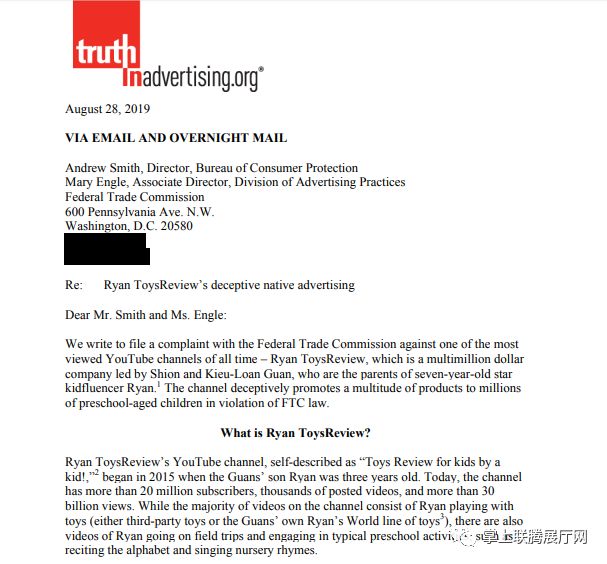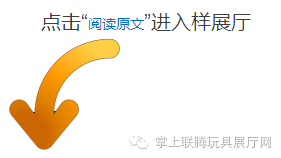A complaint against a popular Toy Channel on YouTube led to a change in advertising policy



The channel, run by seven-year-old Ryan Kaji (but run by his parents), regularly publishes Kaji's toys and unboxing content. According to the complaint, Kaji's parents did not disclose paid sponsorships from companies such as Chuck E. Cheese's and Hardee's. When channels correctly disclose paid sponsorships, they express them in ways that preschool children cannot understand.
"An adult may distinguish between ... When a child influencer like Ryan is playing with his own product," Bonnie Patten, executive director of Truth in Advertising, told The Verge. "As a target audience for preschool children, you don't know they're running commercials. Their goal is for children to say things like mom, I want Ryan to have. "

Patten's main concern is that placing a disclaimer at the top of the description box for a YouTube video isn't enough to let young children know it's a paid ad. The moral dilemma for creators like Kaji and his parents is a grey area that has caught YouTube's attention before. Creators have already referred to online like Jake Paul, who has repeatedly mentioned that his target audience includes children as young as eight, because sponsors are used on his channel to promote controversial products.
The complaint about the truth in the ad also raises a related issue that the YouTube community has previously addressed: Creators show their products and other products to younger audiences. A 2018 survey by Een, the host of the Nerd City channel, found that nearly half of Paul's videos were used to advertise his products, which were being sold to young children. That's why Paul's advertising methods have been described as predatory.
It's a problem that advocacy groups have been fighting YouTube for years, but a key factor changed this week. YouTube has reversed criticism in the past by reiterating its terms of service that make it clear that the site is not suitable for anyone under the age of 13. Instead, YouTube says its official children's app is a place where younger viewers can watch more planned videos. Even so, child rights advocacy groups complain that YouTube has blatantly ignored many of its biggest channels, which target young children, including toy unboxing. The company also allows advertisers to target home content, which appears to contradict YouTube's claims.
Now, YouTube is changing everything after receiving a record $170 million in fines for alleged violations of children's online privacy laws. YouTube must stop collecting video data for minors, which means that these videos will not be available with targeted ads. This may prompt creators to get more sponsorship from the company because they can no longer air a popular ad on their channel. Creators who make videos that appeal to younger audiences or directly target children must also mark their videos as such and lose some product features, including the ability to send notifications. YouTube has also launched a dedicated children's version of the website that is accessible online, which exists with the YouTube children's app.
That doesn't address Patten's concerns about blurred boundaries in creators' videos, but she sees it as proof that the government and YouTube are ready to address the platform's serious advertising problems. "Influencer marketing is a relatively new form of marketing," says Patten. "Research and law must now catch up with it. There are now a number of studies that can guide the FTC on how to solve this problem, especially when it comes to children. I think we will definitely see the FTC's new guidelines. "
Patten says this is not a restriction on all creators working with advertisers or using their own platforms to promote their own products. This is to understand the difference between the process by which viewers can watch the video and the process by which someone tries to sell them something, and the process by which they cannot be marketed. "When it comes to young children, especially preschool children, research shows that 'you can't advertise them intentionally because they can't distinguish them from intentional content'."
Photo Source:
Copyright belongs to the original author, thank the author hard original, if it involves copyright, please contact us. We'll delete it the first time.





Go to "Discovery" - "Take a look" browse "Friends are watching"